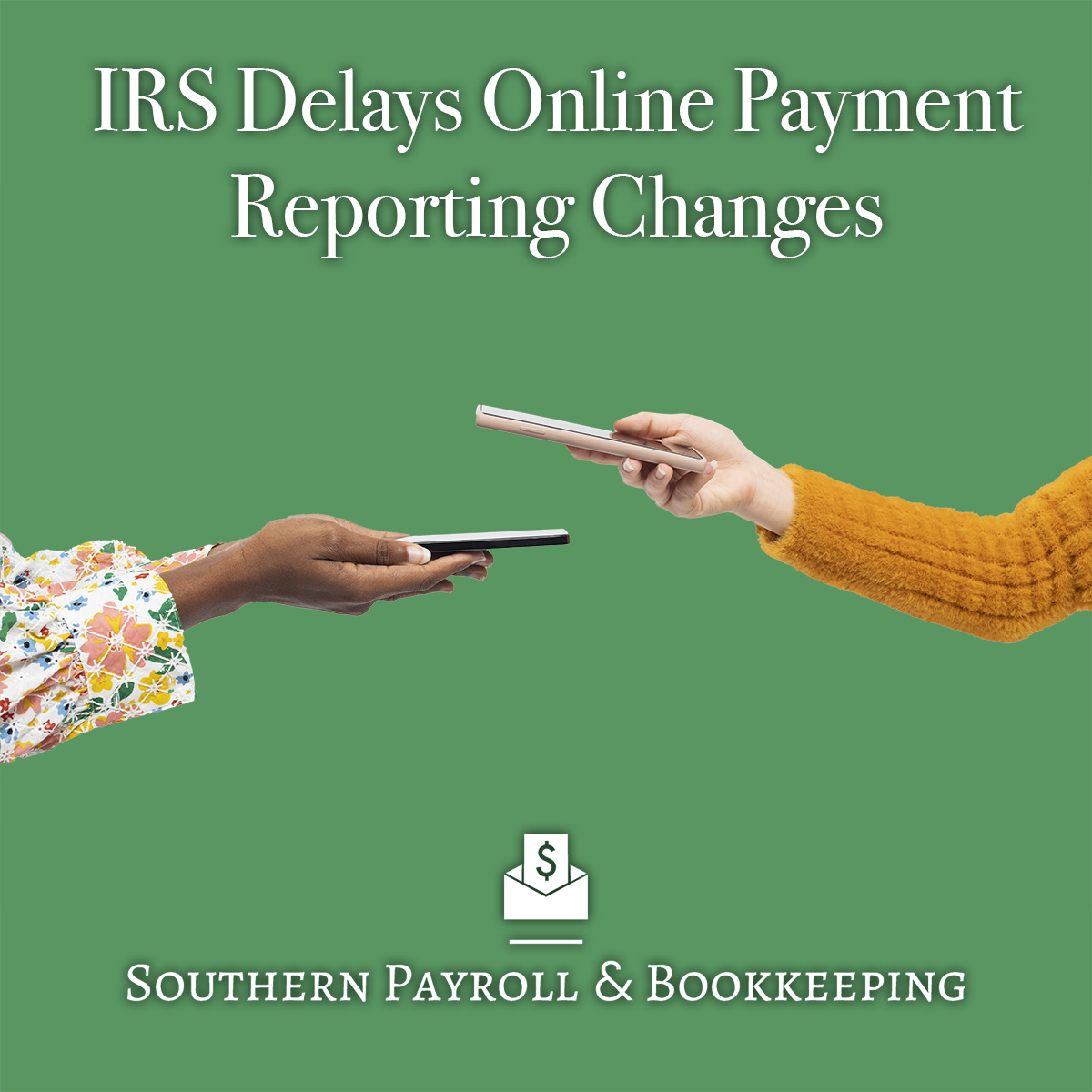Last year we gave you the low-down on how new IRS regulations would affect your side hustle. The short version is that they were going to make “third party settlement organizations” (online money transfer apps) report a huge number more transactions to the IRS starting in the 2022 tax year.
This impetus for this change was to make sure everyone was paying taxes on their income…let’s face it, a lot of people started using CashApp, Venmo, or PayPal for receiving payments for goods and services because the reporting of income was such a “fuzzy” area with them.
Shortly before 2022 ended, though, the Internal Revenue Service “announced a delay in reporting thresholds for third-party settlement organizations set to take effect for the upcoming tax filing season.”
What The New Rules Will Be…
Because of the widespread use of third-party payment systems to avoid declaring taxable income, the IRS implemented the 1099-K, an information form provided to “freelancers or small business owners” who get payments through systems like Venmo, CashApp, or PayPal.
Already, these companies were required to report anyone receiving more than $20,000 in payments, but the American Rescue Plan of 2021 lowered that threshold to $600 in business transactions. As stated by the IRS, “the law is not intended to track personal transactions such as sharing the cost of a car ride or meal, birthday or holiday gifts, or paying a family member or another for a household bill.”
Basically the “account or payment” will need to be designated as “personal” in order to not trigger any funds that are transferred to be NOT be added to the 1099-K that would have been issued at by January 31, 2023.
Why It Is Delayed…
There was a lot of confusion about the way this was going to work. If people split checks at restaurants, how do they make sure it’s listed as “personal” when they use Venmo or CashApp to send money to their friend?
It also seemed like there was a lack of clear guidance from the IRS about what would and would not be allowed, in addition to just the time crunch with the tax filing season rapidly approaching and uncertainty still holding sway.
“The IRS states it is aware of public concern about the ability of TPSOs to comply with the $600 Form 1099-K threshold. It also recognizes taxpayers are confused about how to report payments reflected on Forms 1099-K on their income tax returns. The Department of the Treasury, Office of Tax Policy, and the IRS have been receiving numerous calls and letters from the public and Congress about the Form 1099-K reporting changes.”
What Next?
So, you’re off the hook right? You can still collect income using Venmo or PayPal and not need to pay taxes on it! Wrong!
The rule always was and continued to be…”taxpayers must report all income on their tax return.” The word to really focus on there is “MUST”…the IRS really doesn’t like you stretching the meaning of that term.
The new threshold rules for 1099-K reporting were pushed back one year, so everything that goes through third-party settlement systems in 2023 and looks like business income will get added together…and if it exceeds $600, you will receive a form by the end of January 2024.
Our best advice is this: report what you earned and pay what you owe. And if you need help figuring that out on your own, please call the business tax experts at Southern Payroll & Bookkeeping…it’s one of the things we do best! 423-207-2497
Information sourced from the IRS website and the IRS’s Taxpayer Advocate Blog.

